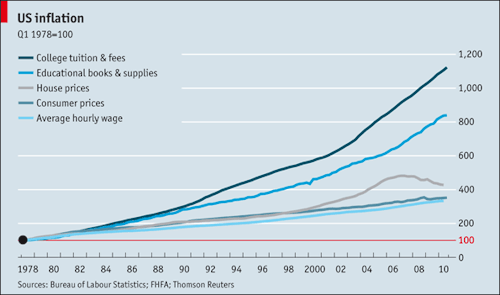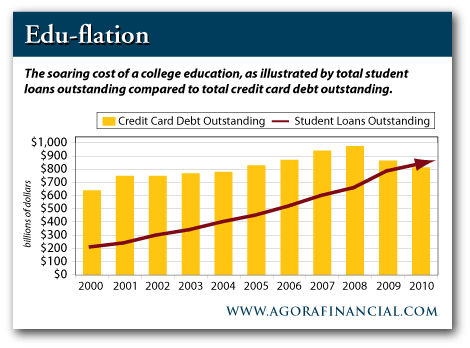Truthmatters
Diamond Member
- May 10, 2007
- 80,182
- 2,272
- 1,283
- Thread starter
- Banned
- #21
Taxes: What people forget about Reagan - Sep. 8, 2010
Two bills passed in 1982 and 1984 together "constituted the biggest tax increase ever enacted during peacetime," Thorndike said.
Two bills passed in 1982 and 1984 together "constituted the biggest tax increase ever enacted during peacetime," Thorndike said.




